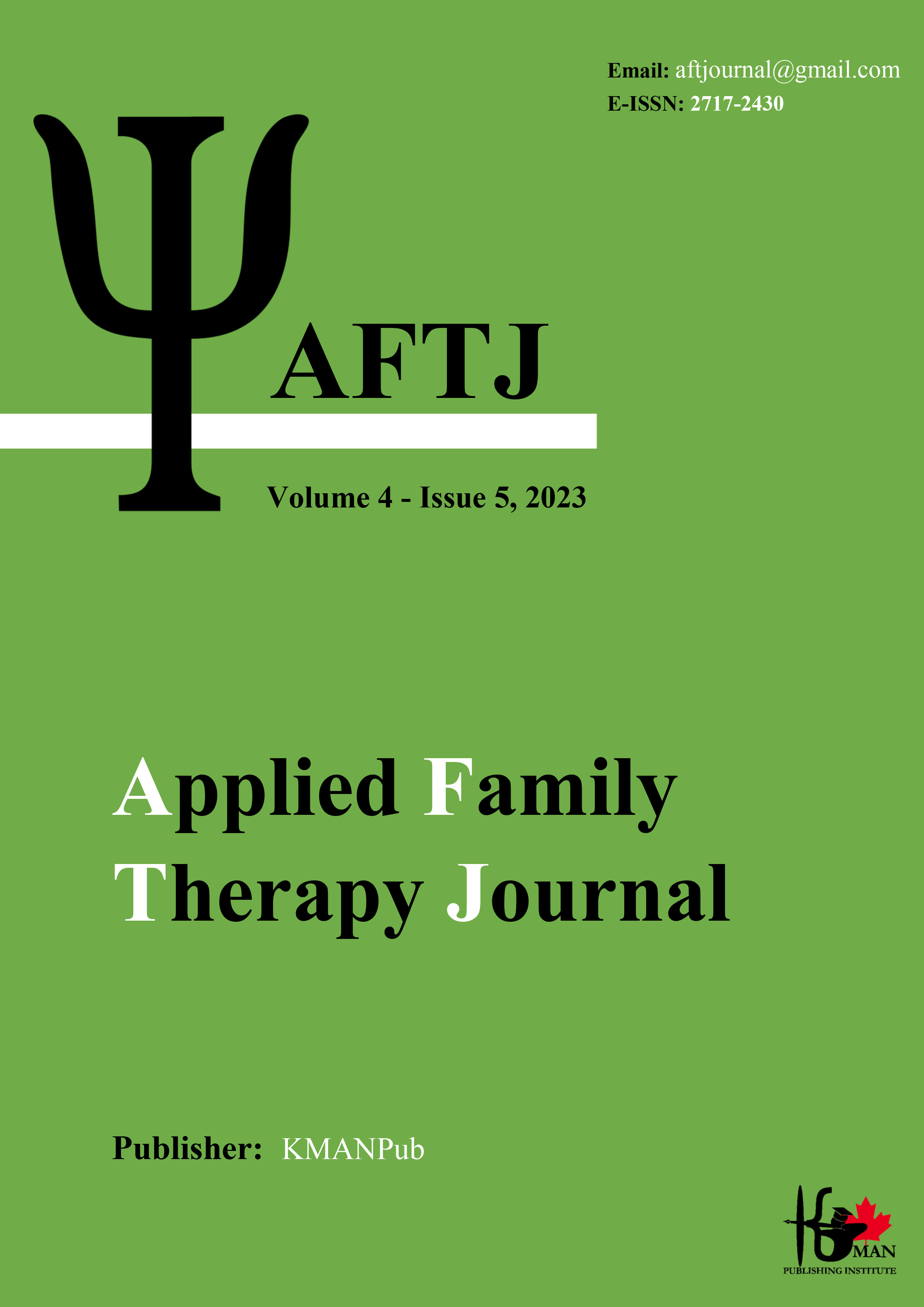The effectiveness of growth-oriented training for adults aged 35 to 45 in promoting self-coherence and lifelong learning
Keywords:
Developmental, developmental tasks, adult education, self-coherence, adult learningAbstract
Aim: The current study aims to examine the effectiveness of growth-oriented education specifically designed for adults aged 35 to 45 years in enhancing self-coherence and lifelong learning. Method: A quasi-experimental method with a pre-test-post-test control group design was employed for the study. The population consisted of women aged 35 to 45 years working in healthcare centers in Islamshahr city in 2022, from which 30 individuals (15 in the experimental group and 15 in the control group) meeting the inclusion criteria were conveniently selected. The Antonovsky’s Sense of Coherence (1993) and Kirby et al.’s (2010) Lifelong Learning questionnaires were used to measure the dependent variables. Univariate covariance analysis was used for data analysis. Results: The results showed that the implementation of the educational package significantly increased self-coherence (F=11.18, p<0.01) and lifelong learning (F=10.88, p<0.01). Conclusion: Therefore, it can be concluded that growth-oriented education for adults aged 35 to 45 years is effective in enhancing self-coherence and lifelong learning.
Downloads
Downloads
Published
Issue
Section
License

This work is licensed under a Creative Commons Attribution-NonCommercial 4.0 International License.





















